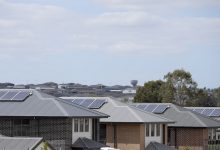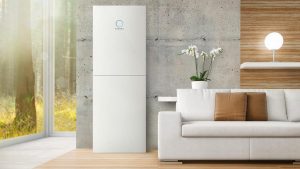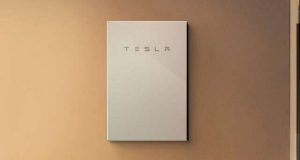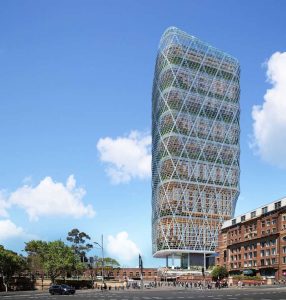It all starts with a simple question…
A few months back we were asked by a developer client what is the best hot water heating solution for new all-electric homes in Victoria. Given the myriad of technology options available, I figured this was a straightforward life-cycle cost shooting match.
Oh, how wrong was I!
It turns out the pathway for selecting hot water heaters for all-electric homes is not a technical consideration but a regulatory one. It is regulated heavily by the National Construction Code and Victorian Plumbing Regulations.
I’m generally a fan of regulation, but not when it is botched like this. What I revealed was staggering:
– The Victorian regulations are complex to navigate (to the point of legendary), out of date, encumber innovation and are in desperate need of overhaul;
– Rather than encouraging 100% renewable energy and decarbonisation, they make gas solutions much more favourable.
What is the (regulated) technical solution for heating water in new homes in Victoria?
Where there is mains gas “available for connection” and you don’t want to install a space-hugging 2000L rainwater tank connected to toilets, the regulated solution for heating water for freestanding and terrace homes is as follows:
– A heat-pump hot water system that is not electrically connected to the main grid (our modelling shows this will likely result in a lack of hot water in Victoria).
– A solar thermal heater with gas boost.
If you’re finding that a bit hard to digest, I don’t blame you. But the implications are as follows:
– Where there is a mains gas supply, electric hot water systems connected to the grid are all but ruled out. That’s unless you have space for a 2000L rainwater tank in which case, all options appear to be back on the table;
– All the electrical benefits that could be had using electric hot water as energy storage systems for solar PV come with big strings attached.
If you don’t reticulate gas, then the electric grid-connected options above also appear to be available. While many of our developer clients are considering ditching gas, it is a bold move for most.
How did this come to pass? A legal labyrinth for all-electric solutions for new homes in Victoria
(This section is for people who really want to get into the weeds. Feel free to jump to The End.)
For new homes around Australia, hot water solutions are normally regulated by National Construction Code (NCC) – Volume 2 (Part B2.6) and Volume 3 (Part B2).
These parts of the code are pretty sensible, with many options on the table. However, Victoria saw fit to ditch most of these sections and replace it with a requirement to comply with the Plumbing Regulation 2018.
The cascade of legal frameworks that are at work is as follows:
In summary, as a new home builder, to satisfy the Building Regulations you must install a rainwater tank OR a solar water heater system.
What qualifies as a solar water heater system?
In Plumbing Regulations 2018, a “solar water heater system” is defined as:
– A solar collector and a container (including an integral, close coupled or remote container) that heats water by means of radiant energy from the sun […]. (i.e. a typical solar thermal hot water system);
– A heat pump water heater.
In the relevant Schedule 2 – Section 11 – Standards relating to solar water heaters – new Class 1 buildings, there are a bunch of requirements about what is required to satisfy the NCC. One requirement caught our eye:
If a reticulated gas supply from a gas company is available for connection to a new Class 1 building, a solar water heater installed in that building must be
(a) if the solar water heater incorporates booster heating and is not a heat pump water heater—a gas boosted solar water heater; and
(b) if the solar water heater is a heat pump water heater—installed so that no part of the heater that is capable of heating water can be connected to the mains electricity supply in order for that part of the heater to operate.
In summary, if your home can connect to the town gas supply (and you don’t want or have room for a rainwater tank), then comply with Building Regulations, you could install a gas solar thermal hot water system OR a heat pump water heater that is not electrically connected to mains electricity supply.
Bonkers!
[The end] What does this all mean?
To read the full story on RenewEconomy sister site One Step Off The Grid, click here…











